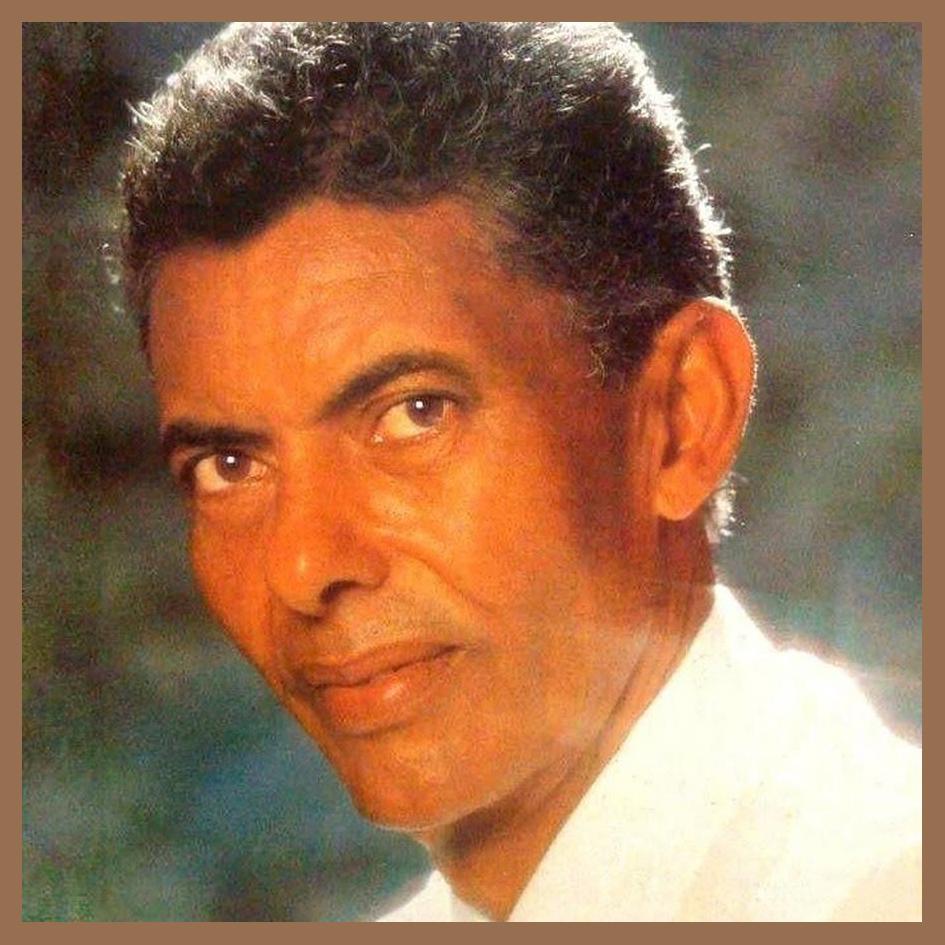 Jair Pires
Jair Pires
Jair Pires: Folha Seca and Beyond
Musical Journey
Jair Pires, a Brazilian singer-songwriter, embarked on a musical odyssey that culminated in the iconic song "Folha Seca." Born in the vibrant city of Rio de Janeiro in 1929, Pires's passion for music ignited at a young age.
In the early 1950s, Pires joined forces with renowned guitarist João Gilberto and bassist Luiz Bonfá, forming the legendary trio that would revolutionize Brazilian music. Their innovative approach, blending samba and jazz elements, became known as bossa nova.
Challenges and Controversies
Pires's path was not without its obstacles. In the conservative musical landscape of the time, bossa nova faced resistance from traditionalists who deemed it too modern and foreign. Undeterred, Pires and his fellow musicians persevered, gradually gaining recognition for their unique sound.
However, controversy arose when "Folha Seca," a song that Pires co-wrote with Bonfá, became a massive hit in 1956. The lyrics, which depict a crumbling relationship, were deemed too explicit by some critics. Despite the backlash, the song became an enduring classic, capturing the bittersweet emotions of love lost.
Discography
Throughout his career, Pires released a number of critically acclaimed albums, including:
* "Chega de Saudade" (1959)
* "Orfeu da Conceição" (1959)
* "Brasil 65" (1965)
* "Encontro Marcado" (1974)
* "Tempo e Vida" (1980)
Members
The Jair Pires band has undergone several lineup changes over the years, but its core members have included:
* Jair Pires (vocals, guitar)
* João Gilberto (guitar)
* Luiz Bonfá (bass)
* Sérgio Mendes (piano)
* Antônio Carlos Jobim (composer, arranger)
Legacy
Jair Pires's music has had a profound impact on Brazilian and international music. His contributions to bossa nova have left an enduring mark on the genre, influencing countless musicians and captivating audiences worldwide.
Despite the challenges and controversies he faced, Pires's artistry and dedication to his craft have ensured his legacy as one of the most significant figures in Brazilian music history. His songs continue to inspire and resonate with listeners to this day, transcending time and cultural boundaries.
Musical Journey
Jair Pires, a Brazilian singer-songwriter, embarked on a musical odyssey that culminated in the iconic song "Folha Seca." Born in the vibrant city of Rio de Janeiro in 1929, Pires's passion for music ignited at a young age.
In the early 1950s, Pires joined forces with renowned guitarist João Gilberto and bassist Luiz Bonfá, forming the legendary trio that would revolutionize Brazilian music. Their innovative approach, blending samba and jazz elements, became known as bossa nova.
Challenges and Controversies
Pires's path was not without its obstacles. In the conservative musical landscape of the time, bossa nova faced resistance from traditionalists who deemed it too modern and foreign. Undeterred, Pires and his fellow musicians persevered, gradually gaining recognition for their unique sound.
However, controversy arose when "Folha Seca," a song that Pires co-wrote with Bonfá, became a massive hit in 1956. The lyrics, which depict a crumbling relationship, were deemed too explicit by some critics. Despite the backlash, the song became an enduring classic, capturing the bittersweet emotions of love lost.
Discography
Throughout his career, Pires released a number of critically acclaimed albums, including:
* "Chega de Saudade" (1959)
* "Orfeu da Conceição" (1959)
* "Brasil 65" (1965)
* "Encontro Marcado" (1974)
* "Tempo e Vida" (1980)
Members
The Jair Pires band has undergone several lineup changes over the years, but its core members have included:
* Jair Pires (vocals, guitar)
* João Gilberto (guitar)
* Luiz Bonfá (bass)
* Sérgio Mendes (piano)
* Antônio Carlos Jobim (composer, arranger)
Legacy
Jair Pires's music has had a profound impact on Brazilian and international music. His contributions to bossa nova have left an enduring mark on the genre, influencing countless musicians and captivating audiences worldwide.
Despite the challenges and controversies he faced, Pires's artistry and dedication to his craft have ensured his legacy as one of the most significant figures in Brazilian music history. His songs continue to inspire and resonate with listeners to this day, transcending time and cultural boundaries.